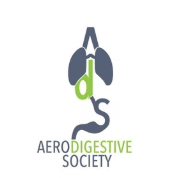Introduction to Aerodigestive Programs
Aerodigestive programs provide specialized care for children with complex medical conditions involving breathing and swallowing. These programs bring together experts in airway (breathing) and digestive (feeding) disorders to evaluate and treat issues that span multiple systems. By coordinating care across specialties, an aerodigestive program can streamline diagnosis and treatment for conditions affecting the airway, lungs, and upper digestive tract .
Aerodigestive care is multidisciplinary, meaning it involves several types of medical professionals working as a team. This approach is important because many breathing and feeding problems are interconnected. For example, a child with airway narrowing might also have trouble swallowing, or chronic lung infections might be related to acid reflux. In a traditional care model, families might see an ear, nose, and throat (ENT) doctor, a lung specialist, and a gastroenterologist in separate visits. An aerodigestive program combines these evaluations, so the child sees all needed specialists together. This family-centered model reduces the burden of multiple appointments and ensures that all aspects of a child’s aerodigestive health are addressed in a coordinated way . Common conditions cared for in aerodigestive programs include airway problems (like noisy breathing or airway blockage), lung issues (such as recurrent pneumonia), and digestive tract disorders (such as severe reflux or swallowing difficulties). By providing integrated care for these complex issues, aerodigestive programs can often reach a diagnosis faster and start the right treatments sooner than separate specialist visits.
